A collection of objects that relates to the inland explorer John McDouall Stuart and those who accompanied him on his expeditions. The collection ranges from personal items, such as a scarf ring and smoking cap, through to exploration equipment, pieces of trees, a pocket book and firearms. There are just under 50 objects in this collection. The John McDouall Stuart collection is a sub-collection of the Historical Relics Collection.
Significance
John McDouall Stuart was the first European to successfully cross Australia from south to north and back, from Adelaide to Van Diemen Gulf. Stuart and his ‘companions’ completed this crossing in 1862. Stuart had undertaken five previous expeditions, two of which were attempts to cross the continent. Following Stuart’s successful exploration South Australia gained control of the Northern Territory and established a settlement at Darwin. Stuart’s crossing directly influenced the later route of the Australian Overland Telegraph Line, which in 1872 connected Darwin to Port Augusta, and thus Adelaide, and allowed faster communication between Australia and the rest of the world. The significance of Stuart’s achievement was recognised at the time, and the collection includes a flag used at the public event on 21 January 1863 which celebrated the success of Stuart and his party. The collection is material evidence of Stuart’s life and explorations.




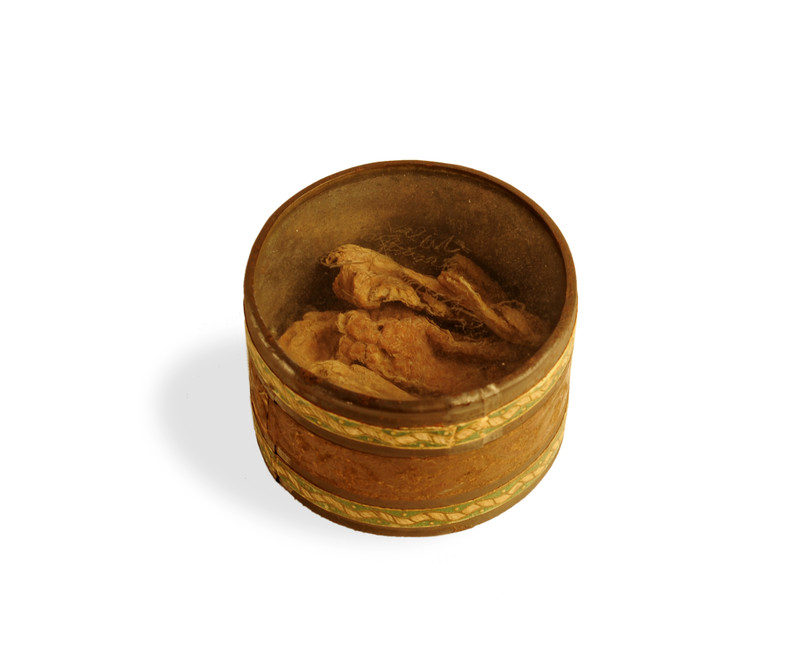
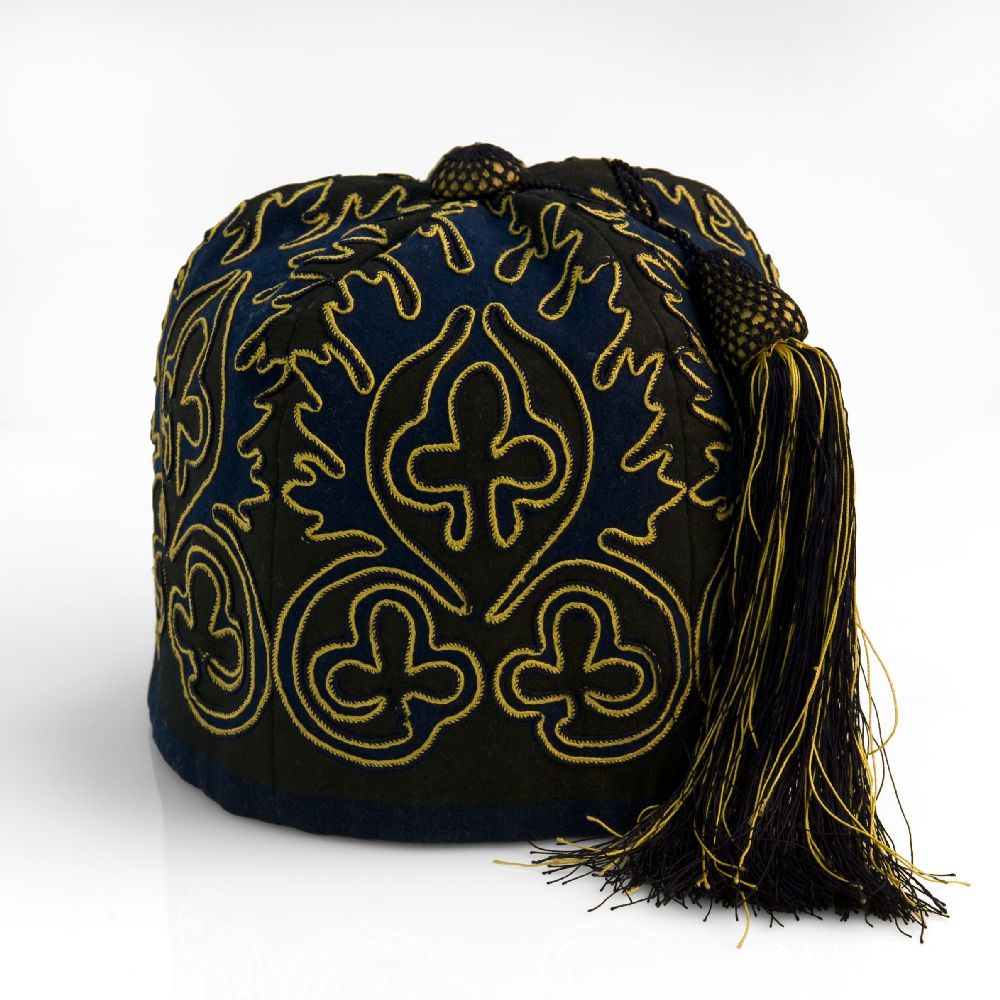
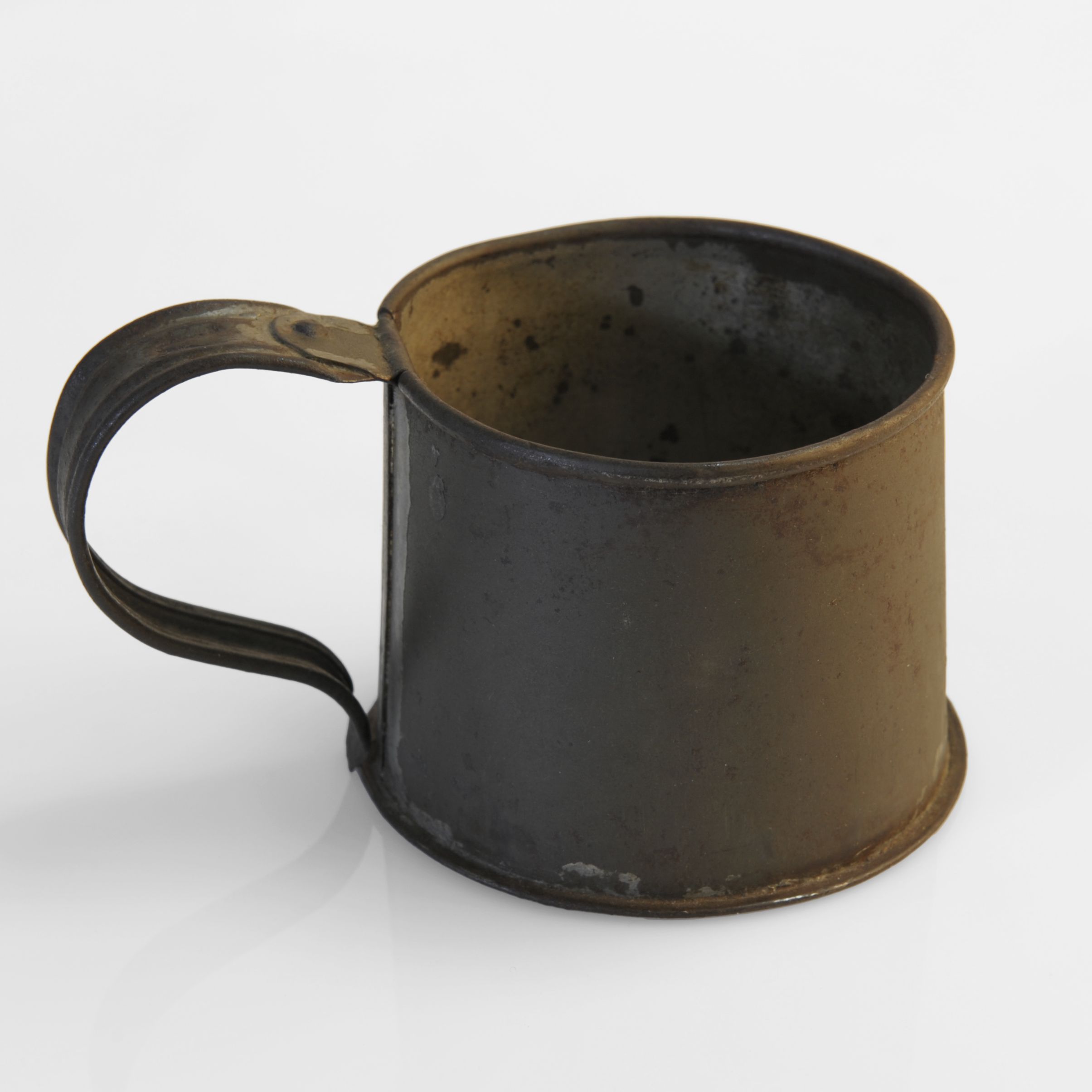
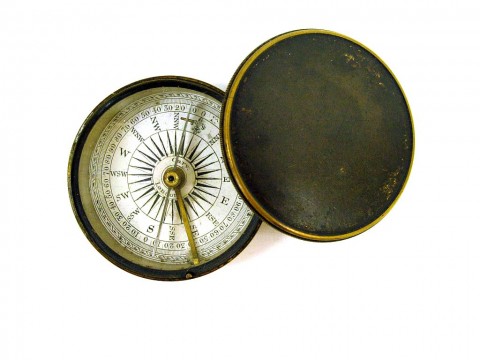
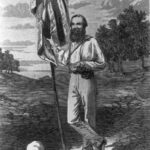
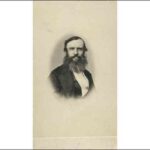

Comments